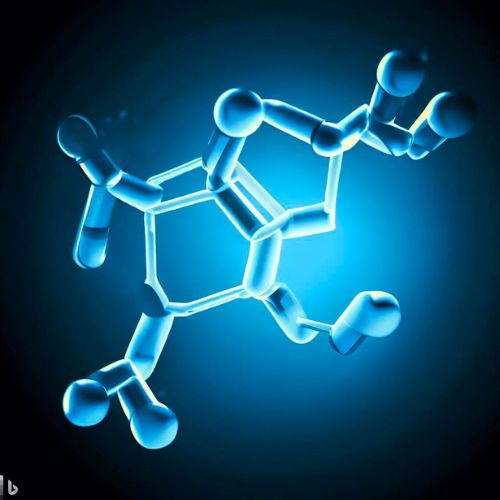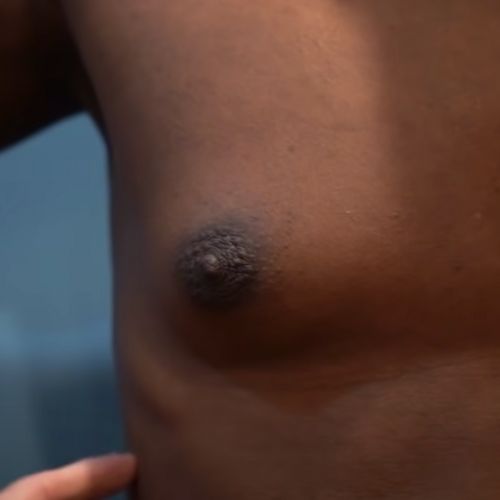Fenugreek is a Mediterranean plant whose seed has been used in cooking and traditional remedies for hundreds of years. But now its use has spread to the entire world thanks to the growing supplement market. In fact, it surpassed $3.5 million in sales just a few years ago, and next year is set to pass 470 tons of production.
So I’m not surprised that I’ve been getting a lot of questions about Fenugreek lately. If you’re curious, yes it can boost testosterone, and it has even shown promise for breastfeeding mothers. Which led to the next question, which I freely admit I’d never considered: can it actually make breasts larger?What You Need to Know
The Diosgenin Link
In a previous article I wrote about Fenugreek and breast milk production. It appears from several studies that it can, indeed, increase lactation in postpartum women. But none of the studies I came across mentioned breast size, specifically.
After some long treks through text books and research studies, I did find one link between Fenugreek and breast size, and it was from a University course work page published in 2005 (online version here). This course work quotes a book called The Green Pharmacy, wherein the author (Dr. James Duke) claims that Fenugreek can enlarge breasts.
The literature then gives us our possible mechanism, Diosgenin. We do know that Fenugreek contains extremely high levels of Diosgenin. And from there, we can start to dig a little further.
Diosgenin in the Lab
With no other leads, we have to start looking into what Diosgenin is, and what effect it may have on the body. Our one laboratory study, from decades ago, did show greater mammary growth after giving Diosgenin to mice. But how did it work?
Well it turns out that this phytosteroid has powerful anti-cancer properties. In fact, some drug companies use it as a jumping off point for creating synthetic steroids for medical use. Specifically, Diosgenin mimics the female hormone Estrogen, which is largely responsible for breast growth in women. We should note, however, that breast size is largely hereditary, and that stimulating breast growth later in life has Cancer risk implications.
But then we’re back to Diosgenin being researched for anti-Cancer benefits. “So which is it, Simon?” I hear you ask your computer screen. The simple fact is, we don’t know. Furthermore, we can’t say how this affects men.

Gynecomastia
Most men are afraid of it, on some level. Man-boobs, they call it. While there are many things that can cause it, one of the most direct is when our bodies stop producing enough Testosterone to balance the effects of estrogen. This can be from steroid use, diet, or even alcohol consumption.
What makes this tricky is that we already know Fenugreek increases Testosterone production in men. What we don’t know is if the estrogen-like compound Diosgenin can override that T-Production and lead to Gynecomastia.
In cases such as these, we have to rely on the literature: no study of Fenugreek in men led to breast enlargement. So whether it’s possible or not is largely academic. For now, men appear to be safe using Fenugreek.

No Final Word
Unfortunately, we simply don’t know enough about Fenugreek, Diosgenin, and how either affects breast growth, in men or women. From anecdotal (stories told outside of clinical study) evidence we can gather that Fenugreek does work, and from one lab study we know it increases mammary glands in mice.
We don’t know the safety implications, though, and we don’t have any kind of study to guide us. Until more research is conducted, make sure you discuss any planned supplement use with your doctor, especially if you have elevated risks of breast cancer. No cosmetic breast enlargement is worth that danger.

